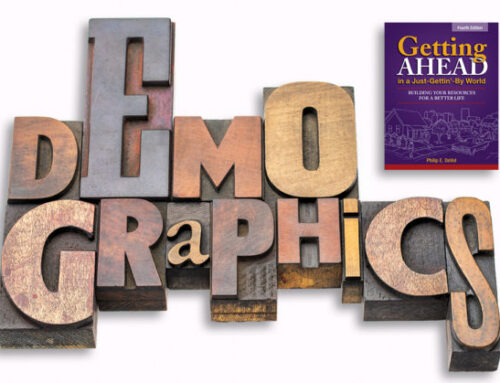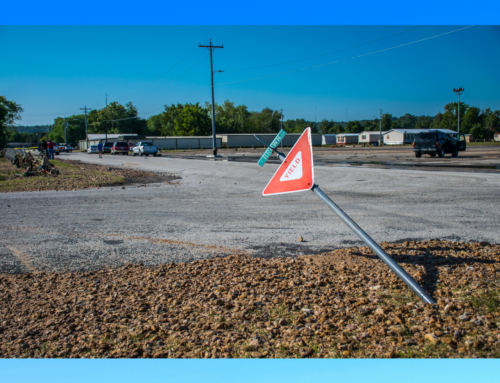Can you hear me now?
by Terie Dreussi-Smith
The Philadelphia Inquirer article “Advocates say poor need available free cell phones” (June 14, 2010) illustrates a common line of thinking within U.S. society.
In the article, some interviewees say they don’t think people in poverty should be buying cell phone minutes, and others don’t want cellular service providers to use cell phone charges to subsidize free minutes for people in poverty. This line of thinking should prompt a re-assessment of a mental model of people in poverty in the U.S.
Most of us would grind to a standstill without a cell phone. But apparently people in poverty are not in the group that should own one. We need to be careful because perceptions of what people in poverty should and should not have may be based on a flawed mental model of people in poverty. Have you encountered the mental model that suggests people in poverty are just milking any and every available system? This mental model is connected to another mental model—that people in poverty wouldn’t be there unless they and their families had done things or continue to do things that keep them poor. These two paradigms are the chicken and the egg of the kind of below-the-surface thinking that sustains poverty. What we do know is that the research indicates there are four causes of poverty: individual behavior, community resources, exploitation, and policy/economic structures. Individual behavior shows up on the list, but it is not the sum and total of the list of what causes poverty. In fact, it seems pretty minor compared to exploitation and policy/economic structures.
America seems sure it understands poverty. Yet in most of our communities, people in poverty have little voice or influence. Unless we include people in poverty in planning and decision making, we will not discover the “what, why, and how” of the poverty in our own neighborhoods, towns, and cities. Across the country, Bridges Out of Poverty Steering Committees are providing individuals in poverty a forum in which they clearly and accurately describe life in poverty in the U.S. This is valuable information! Our persistent problem seems to be that we just can’t hear people in poverty. “Can you hear me now?” takes on a different meaning when you are in poverty; however, we don’t seem to answer when poverty is calling. If people in poverty in your community never get the chance to share an accurate mental model of poverty with you, your community may struggle to build effective policies and strategies because they are based on an inaccurate model. Who is sitting at the table in your organization or community?
Two people in the article give voice to another common attitude toward the poor in the U.S.: that the well-off are a tired of subsidizing privileges for the poor. Few people I know grow weary of giving to the “deserving” poor, who are viewed as those who cannot move out of poverty due to age (the very young and the very not-so-young) or disability. Apparently, the “undeserving” must not buy minutes, or birthday cakes for their 3-year-olds, or cable television. You should not have fun or communicate via Internet or cell phone unless your rent and utilities are paid. This is a hidden rule that actually works pretty well in middle class environments. It is one of the basic hidden tenets the middle class employs in order to maintain economic sustainability and move ahead.
It is a questionable leap of logic, though, to assume that since this rule works so well in middle class, it should work for everyone. In poverty, when are all the bills paid? At any rate, one thing is certain: Some people think I do not deserve a cell phone unless I can pay for all of my minutes. The irony is that I can’t move forward to a place where I’m able to pay for my minutes unless I can be reached by agency personnel, who depend on me to have this tool. I can’t be reached for job interviews unless I have Internet service or a cell phone. I can’t be reached by mail because I cannot access affordable housing and am forced to move often.
Cellular phones are a necessity these days, perhaps even more so for people in poverty. It is time for communities in the U.S. include people in poverty in a re-evaluation of the mental model of poor people as undeserving exploiters of the system. In fact, people in poverty are problem solvers who deserve equal access to the necessities required by—and the opportunities present in—modern society.








